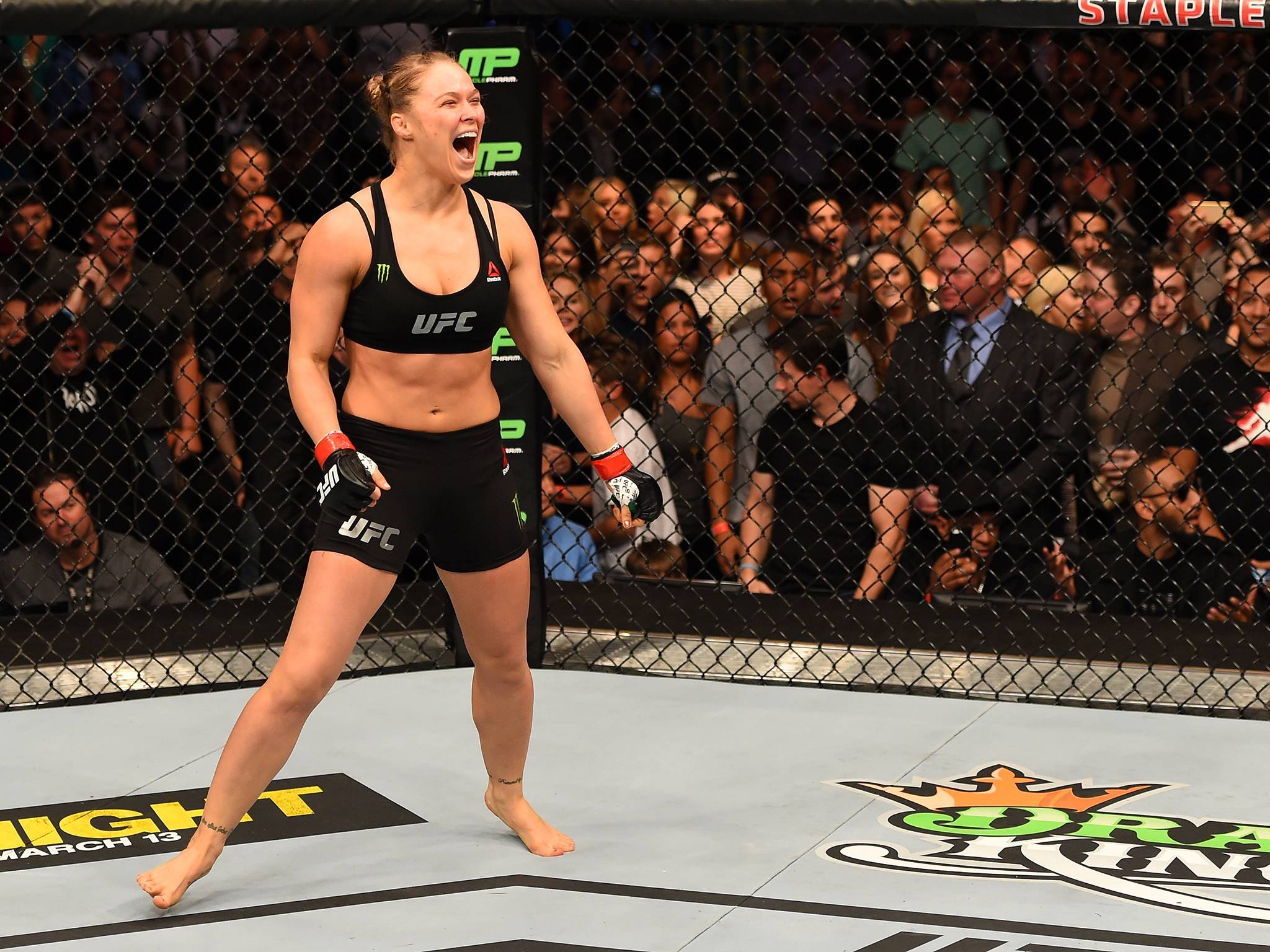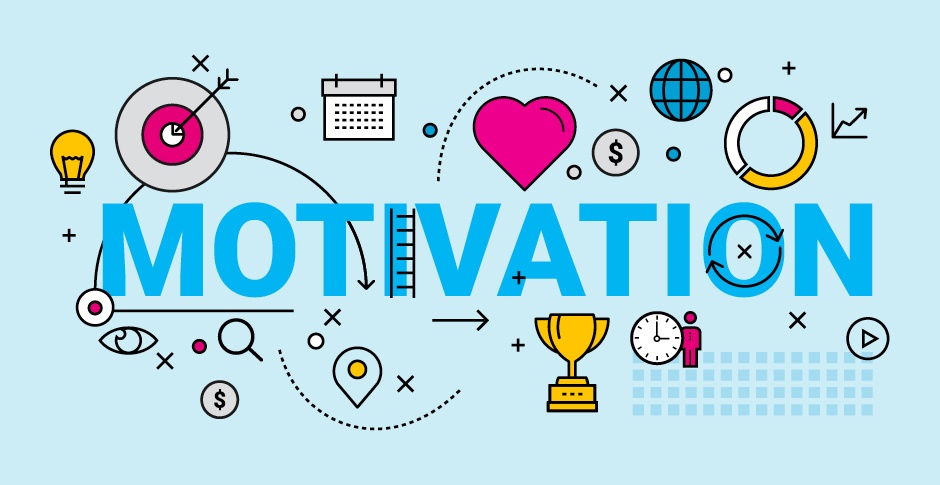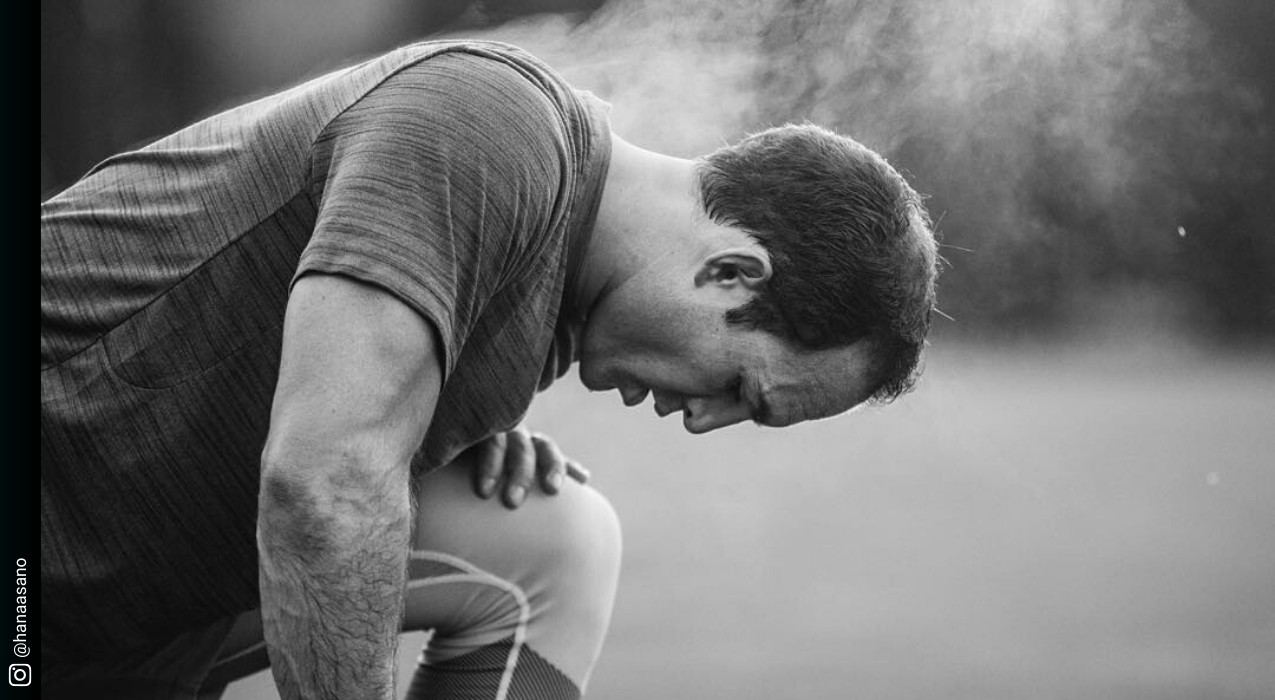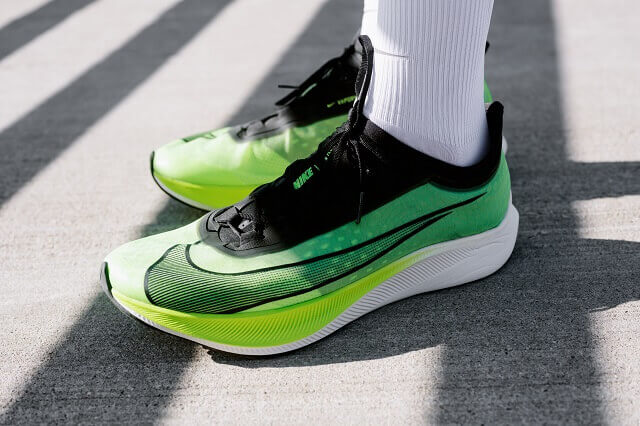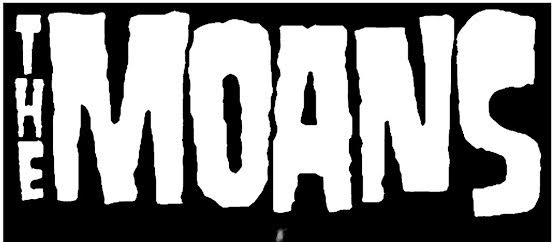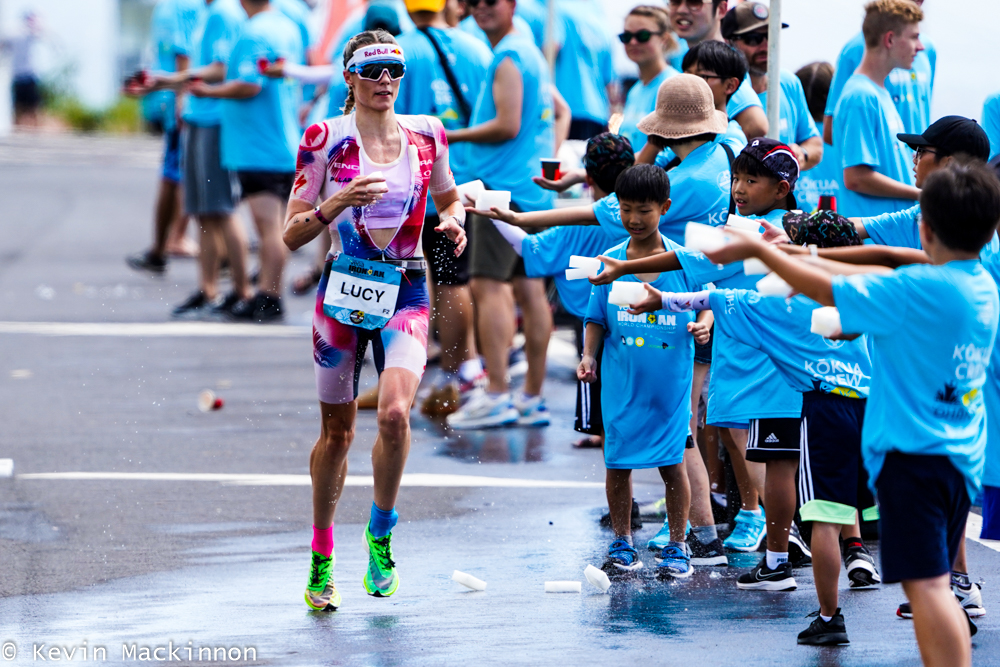My Fight Your Fight – Positive Mindset for Endurance Athletes
Recently, I had a fellow athlete lend me this book. Initially, I thought there is no way I am going to like reading about a fighter. But, I was mistaken. Ronda Rousey is an interesting character with some really positive and strong messages to share with athletes regarding mindset. Here are some of her quotes and messages of inspiration alongside how I believe they are relevant to endurance athletes.
“To be the best in the world, you have to be good enough to win on a bad day because you never know if the major competition is going to fall on a bad day.”
This is so true in every single sport. As endurance athletes, we sign up for events sometimes months in advance. You do not know what is going to happen between then and race day. You could experience a niggle, get sick or simply not feel good on the day. The athletes who are continuously successful are the ones that keep pushing through the race despite “not feeling good” or having “heavy legs” or not tapering for the race. Positive self-talk is great in this situation. Remind yourself of the work you have done and give yourself small goals to get through. For example, get to the next swim buoy, the next aid station, the next kilometer etc.
“Everything in the world is information. The information you choose to acknowledge and the information you choose to ignore is up to you. You can let outside factors beyond your control throw off your focus. You can let aching muscles hold you back. You can let silence make you feel uncomfortable. By choosing to focus only on the information that is necessary, you can tune out every distraction, and achieve far more. “
The ability to select only the relevant pieces of information your body and environment are telling you is important in endurance racing. Your body is constantly fatigued physically, but also mentally – more so when you take on all these extra pieces of information. Focus on what is important in the execution of YOUR race.
“Pain is just one piece of information. I have an ability to ignore all the information coming from my body, even pain in general. I dissociate from pain, because I am not the pain I am feeling. I refuse to let pain dictate my decision making. I can acknowledge that information or choose to ignore it. “
This follows on from the previous quote. Pain is information, your job as an athlete is to judge whether it is discomfort, tightness or whether it is causing illness or injury. Prior to a race this might mean consulting your coach or a specialist, but over time you will learn more about your body and be able to judge and then push your pain limits during an event.
“I’ve seen a positive benefit from every negative thing that has happened in my life, including every injury. My career has been filled with injuries, but not derailed by them. Too many people see an injury as something that prevents them from progressing. I’ve used every physical setback to develop another area I wouldn’t have otherwise addressed. Don’t focus on what you can’t do. Focus on what you can.”
As a coach, I have seen many people who have mentally struggled with injury and found themselves either leaving the sport, taking considerable time off or giving up on their goals. For example, if you have an injury that prevents you from running look at another sport you can focus on. Triathlon is great like that, there are two other sports, not to mention strength & conditioning work that can become the main focus of your training. Maybe you can substitute sessions for lower impact water based sessions like aqua jogging, water running.
“Over time you develop a rapport and a way of communicating. Coaching is all about communication and being able to get information from one person to another fairly quickly. If you can find all these things in one person, you’ll have a long & happy life together. “
This is a core value at GPC Squad – communication. We value our athletes feedback regarding their commitments and their physical and mental wellbeing. This is factored into the personalised training programs we deliver. It usually takes some time to develop this relationship so give it a chance and talk any issue through with your coach. If you find it is not working, be clear and explain this to your coach – they might be able to recommend you to someone who’s coaching style is better suited to you. Matching the athlete with a capable coach will bring the best out of both people and the athlete’s performance.
My Fight Your Fight by Ronda Rousey
Further Reading about mindset:
Characteristics of a Sporting Champion
Applying Mindfulness to your Performance


